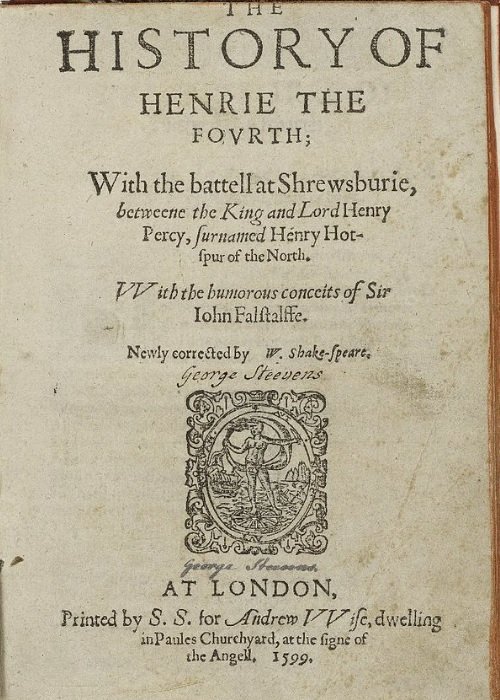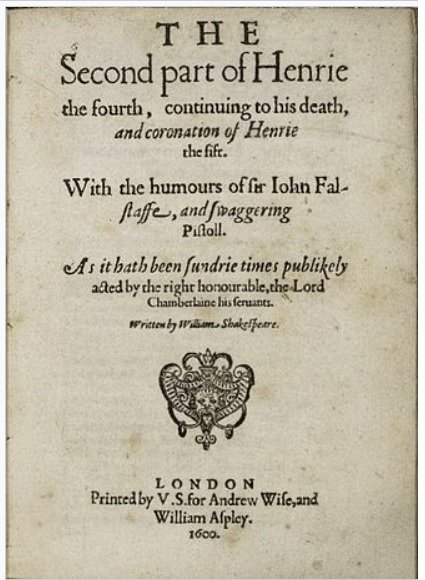The British Monarch, Part VII
King Charles (I, II, & III)
Charles Philip Arthur George Windsor, the oldest son of the recently deceased Queen Elizabeth, is now King Charles III of the United Kingdom of Great Britain and Northern Ireland. He is a constitutional monarch with limited powers.
Monarchs used to have absolute power. The evolution to a constitutional monarch started over 800 years ago with the Magna Carta, which among other clauses, required the King to seek parliamentary approval for new taxes. This series of entries covers the evolution of the British Monarchy.
King Henry IV’s Reign
His reign started in 1399 when he usurped King Edward (described in this post). The conflicts over royalty continued. He faced repeated uprisings and rebellions until his 1413 death. To finance his various military activities, the King relied on Parliament. According to the official House of Parliament website , “the Commons claimed the right to grant taxation (supply) only after their complaints had been addressed (redress of grievances).” Later, “The Commons successfully asserted its right that it should originate all new taxes in its own House.”
This later rule may underlay the U.S. Constitution’s provision that “All Bills for raising Revenue shall originate in the House of Representatives.”
Thomas Paine and the Monarchy
In 1776, Thomas Paine wrote a famous pamphlet entitled Common Sense (covered in another post). Paine is is widely credited with generating support for American independence. He argues against the monarchy.
Paine states that supporters of the monarchy claim it provides for the peaceful transition of power.
“The most plausible plea, which hath ever been offered in favor of hereditary succession, is that it preserves a nation from civil wars; and were this true, it would be weighty. “
However, it has failed, Paine states:
“it is the most barefaced falsity ever imposed upon mankind.”
He goes on to explain:
“The whole history of England disowns the fact. Thirty kings and two minors have reigned in that distracted kingdom since the conquest [referring to the 1066 Norman conquest], in which time there have been no less than eight civil wars and nineteen rebellions.”
We have certainly seen that in this series of articles, a violent overthrow of the King is as frequent as an orderly passing of power.
Shakespeare and King Henry IV
Shakespeare wrote two plays covering King Henry IV, Part 1 and Part 2. These plays cover the rebellions against the King and the King’s ultimate victory. Then King died, succeeded by his son, who became King Henry V.
One main character is Prince Hal, also called Henry and Harry. Initially, he is portrayed as an irresponsible, fun-loving youth who redeems himself by saving the King’s reign from the rebellious nobles. Unlike our modern-day Prince Harry, this Harry was the heir, not the spare.
“The better part of valor is discretion,” is a famous quote from these plays. Do you think Harry had this credo in mind when his book, ‘Spare,’ gives us the following indiscrete tidbits:
His frost-bitten member
Using laughing gas at Archies’ birth
Losing his virginity in an open field to an older woman
King Henry IV recited another quote: “Uneasy lies the head that wears a crown.” With all the controversy surrounding the crown, I wonder if today’s King Charles III sympathizes with King Henry IV. Of course, Charles doesn’t have to worry about getting his head chopped or the usurpation of this throne. His biggest concern is whether and how to include Meghan and Harry in his coronation.
The Royal Scorecard
We started this series with King John and the Magna Carter in 1215. In the subsequent 200 years, Parliament increased its powers at the expense of the King. And three Kings were deposed during this time. I think Thomas Paine was correct; the Monarchy did not provide England with a peaceful transition of power.
Succession
In our next post, we’ll look at King Henry V, who became King upon the death of his father, King Henry IV.


